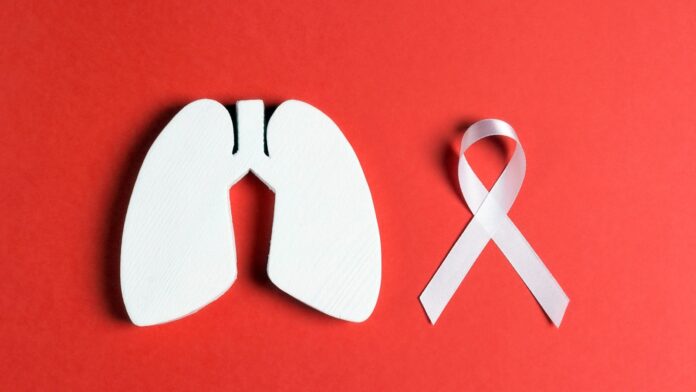How quitting smoking lowers lung cancer risk and the importance of regular health check-ups for everyone. Learn more on World Lung Cancer Day!
World Lung Cancer Day is an important reminder of the importance of taking a preventive approach to lung cancer. As the disease continues to claim lives around the world, it is vital to focus on one of the most significant contributors to this disease: smoking. Many people are aware of the dangers of tobacco. However, there are still misconceptions about what happens once an individual decides to quit smoking and how it affects lung cancer risk among other health conditions.
What really happens when you stop smoking?
A common belief is that once you quit smoking, your risk of developing lung cancer entirely vanishes. Unfortunately, that’s not the case. While quitting is undoubtedly one of the best decisions for your health, the truth is that the risk never fully resets to that of a non-smoker, as per the Centres for Disease Control and Prevention.
“Tobacco smoke contains over 7,000 chemicals, many of which are known carcinogens. These substances can inflict long-lasting damage to lung tissue and lead to genetic mutations that may lay the groundwork for cancer, even years after quitting,” pulmonologist Dr Manav Manchanda tells Health Shots.
What happens to your body when you quit smoking?
Although the risk never completely disappears, the benefits of quitting smoking are manifold. Understanding how quickly the body begins to heal after quitting can motivate people to take a leap in the right direction, according to the American Cancer Society.
Here’s how quitting can significantly reduce lung cancer risk:
- Five-year mark: Within five years of quitting, the risk of developing lung cancer begins to decline.
- Ten to fifteen years: After about ten to fifteen years, the risk of lung cancer is reduced by nearly half compared to continuing smokers.
It is vital to note, however, that for those who smoked heavily or for many years, some residual risk may still exist, as per research published in Johns Hopkins Medicine.

What causes lung cancer apart from smoking?
It is important to remember that lung cancer doesn’t only affect smokers. People who have never smoked can also develop lung cancer due to various factors, according to the UK’s National Health Institute, including:
- Air pollution: Long-term exposure to polluted air can increase the risk of health issues.
- Radon gas: A naturally occurring radioactive gas that can accumulate in homes.
- Genetic predispositions: Genetics can play a role in determining a person’s susceptibility to lung cancer.
- Secondhand smoke: Exposure to smoke from others can also lead to lung cancer.
This brings us to an important point: everyone, including non-smokers, should be aware of lung cancer symptoms and undergo regular health check-ups.
How to stay regular after quitting smoking?
For those who have quit or are thinking about quitting smoking, there are proactive steps to take towards maintaining lung health, as per the American Lung Association. Dr Manchanda emphasises that quitting is just the beginning of a lifelong commitment to lung health:
- Regular screenings: Individuals aged 50 to 80 with a significant smoking history should consider low-dose CT scans to detect lung cancer early. The earlier lung cancer is detected, the better the chances of successful treatment.
- Healthy lifestyle: Alongside quitting smoking, adopting a healthier lifestyle can significantly lower the risk of lung cancer. This includes eating a balanced diet rich in fruits and vegetables. Regular physical activity is vital for maintaining a healthy weight and avoiding exposure to harmful pollutants and chemicals at home and in the workplace.
- Follow-up care: Regular visits to a healthcare provider are important for monitoring lung health and addressing any concerns that may arise.
Disclaimer: At Health Shots, we are committed to providing accurate, reliable, and authentic information to support your health and well-being. However, the content on this website is intended solely for informational purposes and should not be considered a substitute for professional medical advice, diagnosis, or treatment. Always consult a qualified healthcare provider for personalised advice regarding your specific medical condition or concerns.

